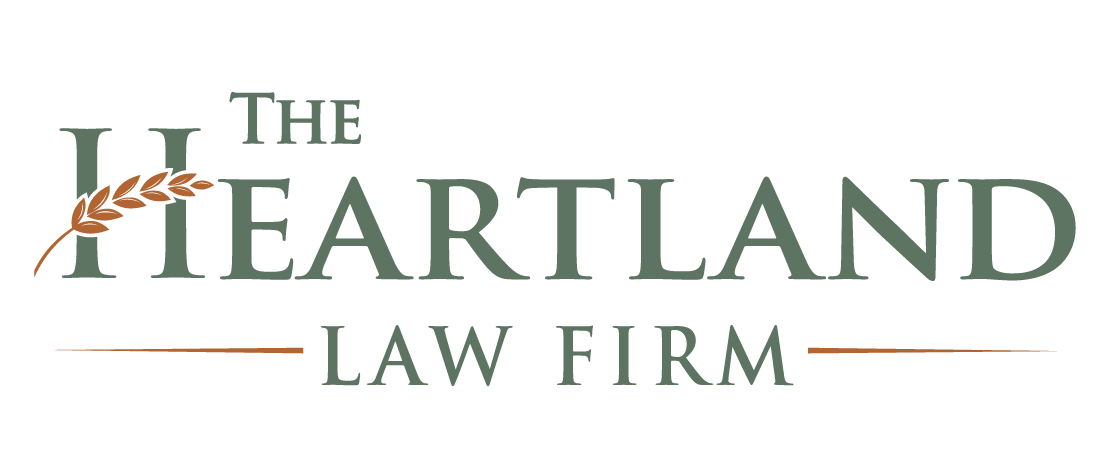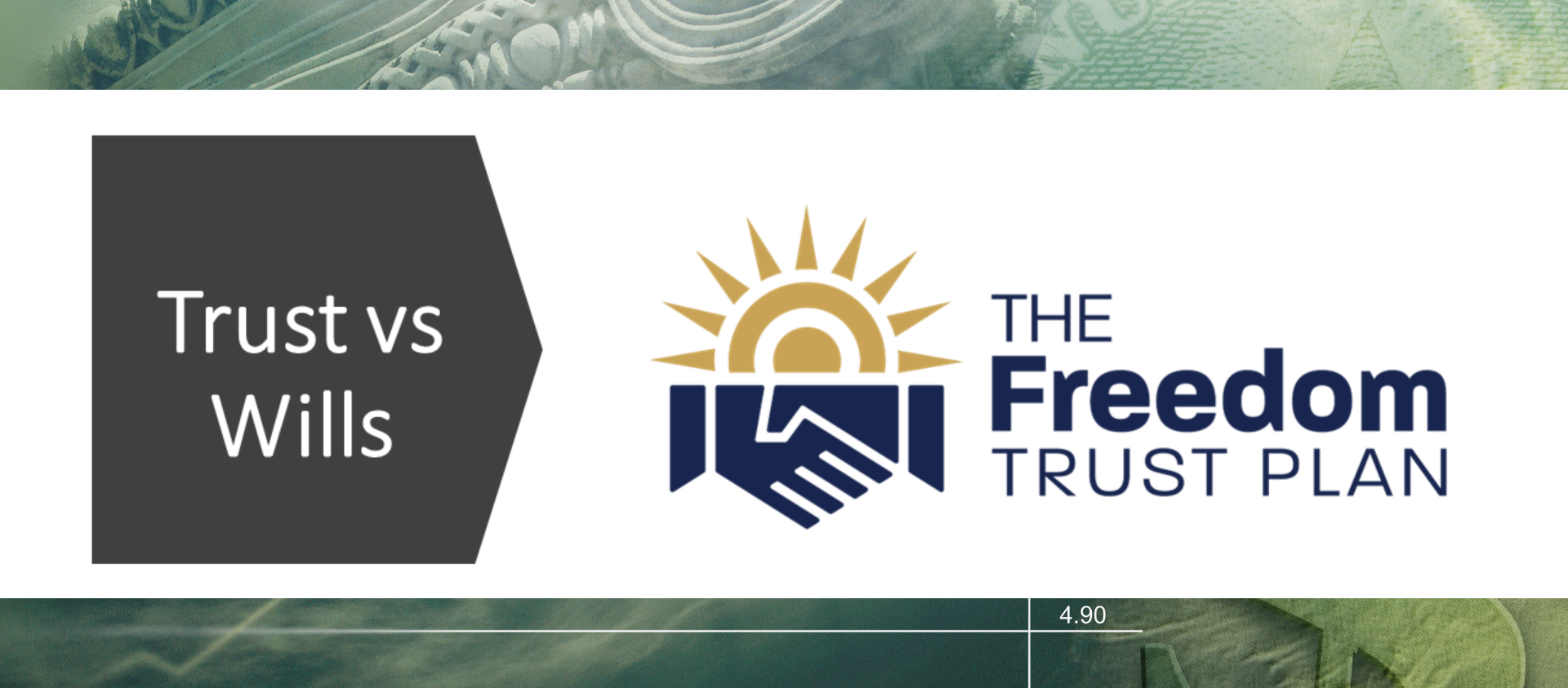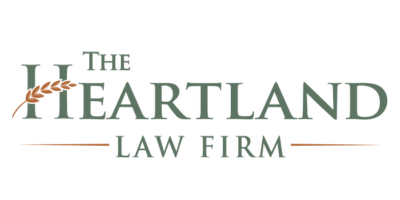Heirloom Inheritance: At The Heartland Law Firm, we understand that heirlooms are more than just objects; they’re a bridge to the past and a legacy for the future.
But after helping hundreds of people navigate the distribution and in some cases the wisdom of passing down family heirlooms, we know there can be unforeseen consequences.
Understanding both the emotional and financial consequences of your legacy is vital.
Our expertise in Estate Planning and Elder Law positions us uniquely to guide you through the complex process of heirloom inheritance
Understanding Heirloom Inheritance Value
Generational Perspectives:
The value of heirlooms can significantly vary across generations.
For example, many Baby Boomers received fine China and silverware from their parents, items once considered essential for a well-equipped home.
However, following generations often show less interest in these types of heirlooms. The traditional “China cabinet,” once a staple in many homes, is no longer a common decor item among younger generations.
A Grand Piano may have been the center of family weekends or holiday events for you growing up, but may not be something that your heirs have a place for. The same goes for large pieces of furniture that may be quite valuable, but simply doesn’t work for your heir’s lifestyle.
At The Heartland Law Firm, we encourage open discussions to ensure that heirlooms like these find a home where they are cherished, whether within the family or with a new owner who appreciates their historical and sentimental value
Practical Considerations:
Heirlooms like classic cars or fine art present unique challenges for modern families.
Classic cars require significant upkeep, specialized storage, and insurance, making them a costly and time-consuming legacy. The fantasy of taking out that classic car for long drives in the spring have to be balanced with the need to protect and maintain it the rest of the year.
Similarly, fine art necessitates climate-controlled environments and security measures to preserve its value and condition. And sentimental art pieces may be appreciated during a child’s visits home, but less so when confronted with hanging it in their own space.
Even a family vacation home comes with tax and upkeep burdens that may prevent your heirs from enjoying the property – and may actually cause financial harm over time.
In today’s fast-paced lifestyle, not every family is equipped to handle such a demanding heirloom inheritance.
Our team at The Heartland Law Firm advises on these practicalities, ensuring that your cherished items are passed on to those who can maintain them properly, reflecting their true worth and your intentions.

Financial Implications of Heirloom Inheritance:
Understanding the monetary value of heirlooms is crucial.
Items like rare coin collections or antique jewelry may have significantly appreciated in value, impacting estate taxes and distribution fairness among heirs.
For example, you may want to leave that valuable stamp collection to the child you think would most appreciate it, but a jump in monetary value between the time you state your wishes and evaluate distribution and your death may create an undue tax burden.
And cause dissent between siblings because of the imbalance a rise in heirloom value may cause.
Our team at The Heartland Law Firm assists in securing professional appraisals to accurately determine the market value of these items.
Additionally, we guide clients through the implications of such valuations on estate planning, helping them make informed decisions about distribution to ensure a fair and equitable inheritance process.
Putting Family Heirlooms in a Trust
Oftentimes, passing on high value heirlooms is a significant factor in creating a custom estate plan here at Heartland – and we often recommend creating a Trust to do so.
Here are a few benefits of a Trust to consider:
- Controlled Distribution: A trust can specify how and when family heirlooms are distributed, ensuring they go to the intended beneficiaries at the right time.
- Protection from Legal Challenges: Trusts can provide a layer of protection against legal disputes among heirs, reducing the risk of conflict over heirloom allocation.
- Preservation of Heirloom Integrity: By placing heirlooms in a trust, their care and maintenance can be managed according to the grantor’s wishes, preserving their condition and value.
- Tax Benefits: Trusts can offer tax advantages, potentially reducing estate taxes and benefiting the overall financial health of the estate.
- Privacy Assurance: Unlike wills, which become public record, trusts offer privacy in the distribution of heirlooms, keeping family matters confidential.
Learn more about the difference between a Will and Trust here.
Regardless of the estate size or value of your family heirlooms, we have the expertise and capacity to help you design the best estate plan for you and yours.
To get started, simply chat with us now or get a call back by completing this: https://freedomtrustplan.com/contact-us/





